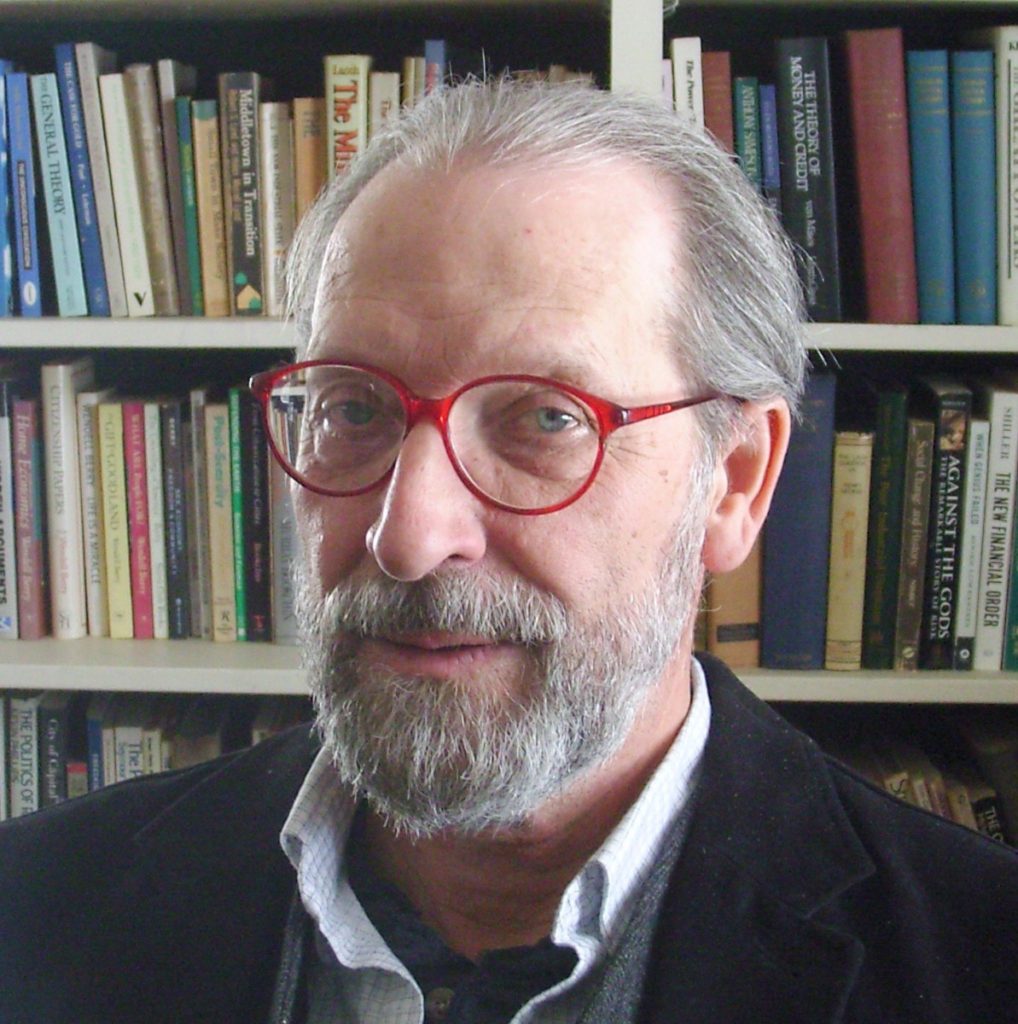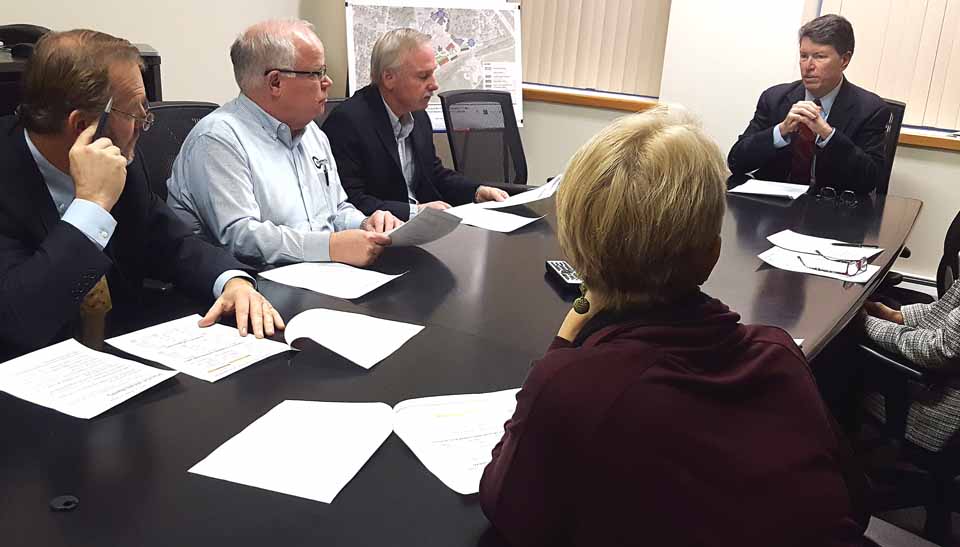Column by Adrian Kuzminski, April 6, 2018
Are Democratic
Challengers Connecting?

As of this writing, seven Democrats and two independents are running for Congress from the 19th District, hoping to replace Republican incumbent John Faso.
In his first term Faso raised the ire of many constituents with his proposal to eliminate local tax support for Medicaid and related social services. He made no provision for anyone else to pick up the tab, putting the local healthcare industry needlessly at risk. At the same time, a lot of voters, shocked by Trump’s election and behavior in office, are looking for candidates to oppose Trump in Congress.
Little wonder that nine candidates have emerged for Faso’s job.
The seven Democrats running against Faso are, in alphabetical order, Jeff Beals, David Clegg, Erin Collier, Antonio Delgado, Brian Flynn, Gareth Rhodes and Patrick Ryan. The independents are Diane Neal and Luisa Parker.
The Democrats and independents share more or less the same progressive agenda. As a group, they are pro-choice, pro-equal pay, pro-renewable energy, pro-environment, pro-union, pro-gun control, pro-health care, pro-minority, pro-immigrant, pro-education, and pro-jobs.
Democrats see the independents as a problem, dividing the anti-Faso vote. But who’s to say how far the independents’ appeal will go with voters disaffected with traditional party politics?
The devil, as usual, is in the details. Important as the issues raised by progressives are to many voters, too often they are abstractly presented as a wish-list with few concrete steps to realization.
The candidates all bemoan our broken political system, but it’s not clear how any of them can make it work again. The progressives’ answer to most problems – more regulation and more government – is no longer convincing to half the population, while their conservative opponents cling to a vision of individual freedom which leaves most people in the dust.
As a result, most minds remain unchanged.

To break this impasse, we need politicians with more imagination and less canned rhetoric.
The main issue of concern to non-polarized swing voters – economic
security – continues to be glossed over. Locally, we need to promote decentralized economic development: easier credit for small businesses, broadband for all, more assisted living, a tech-oriented community college, small-scale renewable energy, food hubs, enhanced cultural attractions, and value-added enterprises built on local resources (agriculture, forestry, scenic beauty).
We need to get away from monopolistic financial, telecommunications, and energy corporations blocking these changes, as well as the pro-corporate government policies their lobbyists and paid politicians have put in place.
On the national level, we need a carbon tax and dividend to wean us off fossil fuels. We need debt forgiveness, especially for students, and a public banking system that challenges the private banking monopoly over credit.
And we need to rethink the distorted policies – supported by both Republican and Democratic party establishments – of deregulation, military spending, and globalization that have hollowed out the American working class while lining the pockets of the super-wealthy.
Without a revived economy, there is little hope for economic security. Trump won the 2016 election on a populist wave of outrage over economic insecurity. Frustrated voters, given the chance to vote against the pro-corporate policies of both the Republican and Democratic establishments, cast their protest votes for Trump.
That voice of protest has remained largely unsatisfied, however, and anti-Faso candidates should take note. They might do well to abandon the progressive (“big government”) label and moderate their almost exclusive concern with national issues by reintegrating national with local concerns.
That would go a long way towards overcoming the widespread distrust of top-down big government which narrows their base to pro-government, left-leaning voters. They need to capture the center to win.
They need to become real populists.
Adrian Kuzminski,
Sustainable Otsego moderator, is a retired Hartwick College philosophy professor.


Excellent commentary. Adrian, why don’t you please run?